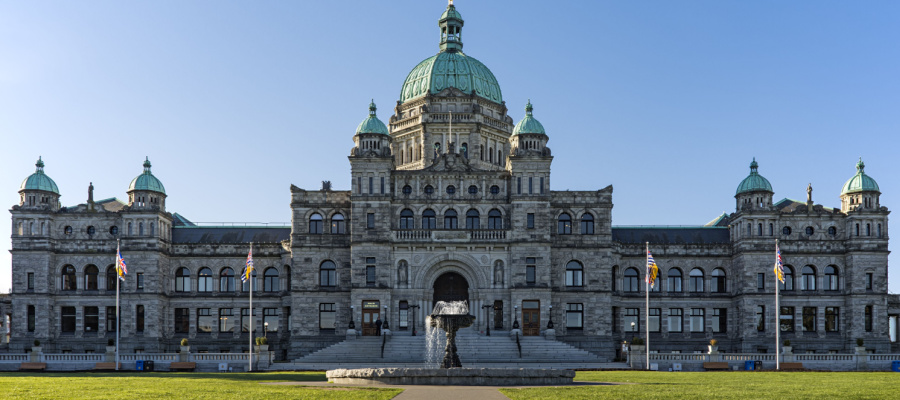BC Budget Commentary: where is the debate on new priorities?
For what was billed as a no-news budget, the 2011 February Budget is causing quite the splash in the media. In the absence of policy changes to discuss, the size of the provincial debt has emerged as the main issue of debate. Is it growing too fast? Is it going to become a problem when interest rates increase?
It seems to me that the really important questions about the future of BC are getting lost in the narrow debt discussion.
Our Finance Minister just announced that the next Premier will have close to $1 billion dollars of “wiggle room” for the 2011/12 alone, with $800 million in both of 2012/13 and 2013/14. The money comes in the form of unusually large contingencies and forecast allowances, though it would have been better called “the new directions fund.”
So, how are the Liberal leadership contenders planning to use the money?
Surprisingly little attention is being devoted to this key question. The Globe, for example, dedicated more space in their print edition to a large photo of Colin Hansen and Gordon Campbell in the Legislature than to the four main candidate’s budget priorities (p. S3).
Most of the budget commentary provided by leadership hopefuls was limited to self-congratulatory remarks about their government being one of the few jurisdictions that will come below projected deficits this year. They’re too quick to claim credit for the stronger than expected economic performance, which is more of a case of getting lucky than the result of any policy choice of theirs (though it would certainly have been worse if they had insisted on balancing the budget during the recession). But I digress.
What’s missing from the public debate is a real meaty discussion of our visions and priorities for the future of BC. Of the new ideas and the new directions that a change of leadership opens the door for.
Now is precisely the time for these conversations and debates to take place. Now, when several politicians with vague but rather different agendas are vying for Premiership. Now, when the questions are still open and decisions haven’t been made yet.
So let’s start asking the questions that really matter and have an open and honest debate on the various plans for how the “wiggle room” money can be used to build a better BC for all. Now, not after the “real budget” is tabled later this year.
British Columbians need to know where each Liberal leadership hopeful’s priorities lie. If they had an extra $1 billion for 2011, how would they spend it? What policy changes do they think are needed to make BC a better place to live and work for all?
Deferring the debate until after the HST referendum is just an excuse and should be exposed as such. Yes, a potential HST repeal would require some budget revisions. We may have to repay $1.6 billion to the Feds, but that works out to $533 per year over 3 years or only 1% of the annual provincial budget. It’s less than the cost of the tax cuts Premier Campbell announced and then repealed. So let’s move beyond the HST scare tactics and have a conversation about the real issues facing our province.
With or without the HST, British Columbia families will remain vulnerable, burdened with unprecedented levels of household debt — 160% of income — a weakening housing market and high unemployment that is projected to persist over the next few years. Without a robust labour market recovery and real increases in household incomes, consumer spending will no longer be able to drive the type of strong economic growth BC experienced in the mid-2000s.
We’re still struggling with low business investment after years of corporate tax cuts that were supposed to stimulate investment and productivity. The problems that climate change poses continue to grow. We need an economic strategy what would invest in people and take bold steps to support a greener economy for our province.
We face pressing social problems in this province that need to be addressed immediately. Too many children continue to live in poverty in this rich province, and some will die preventable deaths that the Office of Mary Ellen Turpel-Lafond will document in more scathing reports like this one. Too many British Columbians with mental health and addiction issues continue to languish and die on our streets. Too many seniors continue to live the last years of their lives without the supports they need from community and home care.
These are the types of issues that the next Premier will have to tackle, and they should be at the center of the economic debate in BC.
Topics: Economy, Employment & labour, Poverty, inequality & welfare, Provincial budget & finance


